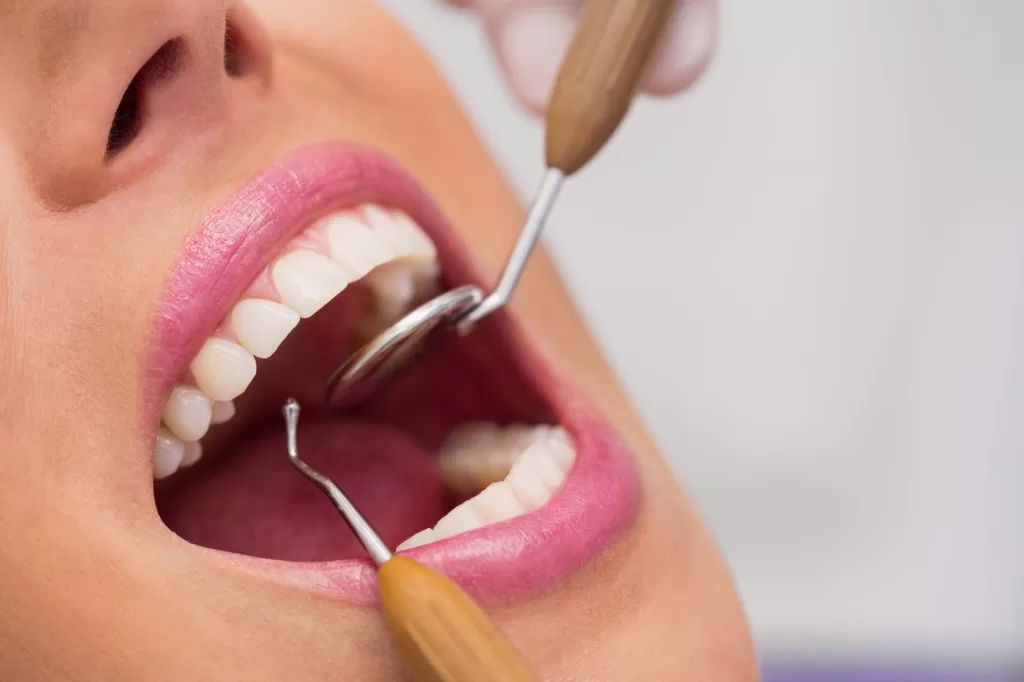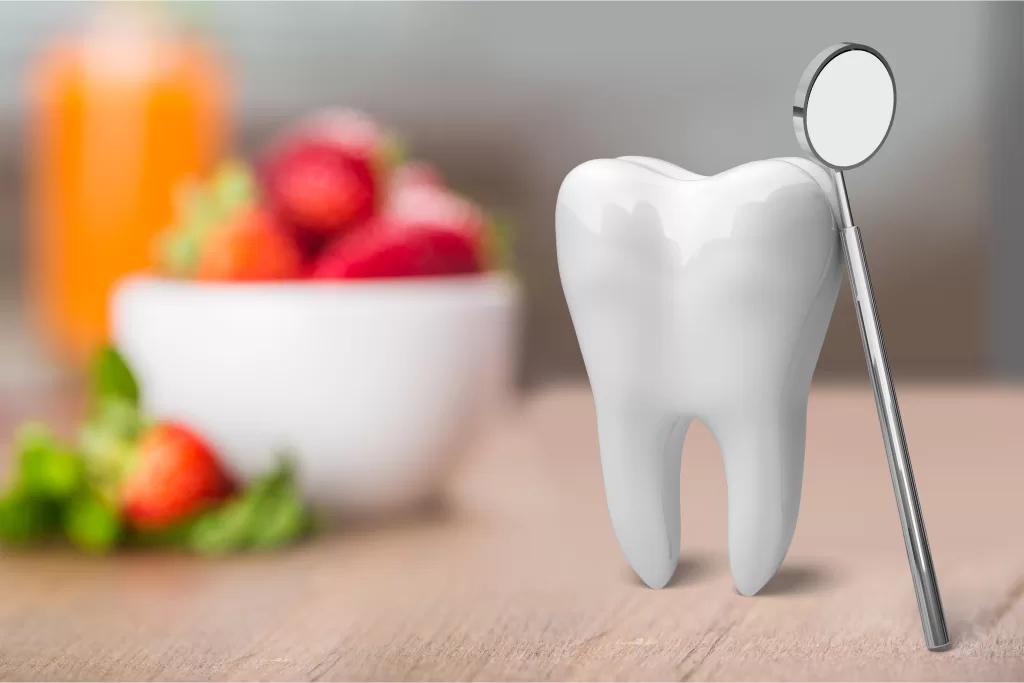- March 20, 2025
- By: peopletreehospitals
- No Comments
The Mouth-Mind Connection: How Oral Health Influences Mental Well-being
Every year on March 20th, World Oral Health Day highlights the significance of good oral hygiene. In 2025, the theme, “A Happy Mouth is… A Happy Mind,” underscores the deep connection between oral health and mental well-being. But how exactly are these two aspects of health linked? Let’s find out.
Understanding the Mouth-Mind Connection
Oral health is more than just a sparkling smile. It plays a vital role in our physical, emotional, and psychological well-being. Conditions like gum disease, tooth decay, and chronic bad breath can severely impact one’s self-esteem, social interactions, and mental health.
Research indicates that poor oral health can contribute to anxiety, depression, cognitive decline, and even dementia. The connection arises from the body’s inflammatory response to oral infections, which can negatively impact the brain over time. On the flip side, maintaining oral health can significantly improve mental wellness by boosting confidence, self-esteem, and social engagement.

The Psychological Impact of Poor Oral Health
When oral health issues arise, they affect more than just the mouth. Chronic pain, discomfort, or embarrassment about one’s teeth can lead to:
- Low Self-Esteem: Visible dental issues can make individuals feel self-conscious and socially anxious.
- Social Withdrawal: Avoiding social interactions due to embarrassment or pain.
- Anxiety and Depression: Chronic pain and negative self-image can worsen existing mental health conditions.
- Cognitive Decline: Studies have shown links between chronic periodontal disease and cognitive impairment over time.
Oral diseases such as periodontitis are also associated with systemic conditions like cardiovascular disease, diabetes, and Alzheimer’s disease—all of which can contribute to mental health challenges.
How Good Oral Health Boosts Mental Well-being
Taking care of your oral health can have profound effects on your mental well-being. Here’s how:
- Improving Self-Confidence: A bright, healthy smile boosts self-esteem and promotes positive social interactions.
- Reducing Pain and Discomfort: Addressing oral health issues improves quality of life and reduces anxiety related to pain.
- Encouraging Positive Habits: Good oral hygiene routines create a sense of control and promote overall well-being.
Enhancing Cognitive Health: Maintaining oral health may also protect against cognitive decline.
Practical Tips for Better Oral Health & Mental Wellness
Achieving a healthy mouth and a healthy mind is possible with these steps:
- Practice Regular Oral Hygiene: Brush twice daily, floss, and use mouthwash to maintain oral hygiene.
- Visit the Dentist Regularly: Routine check-ups help catch potential issues before they worsen.
- Eat a Balanced Diet: Nutrient-rich foods benefit both your mental health and dental health.
- Manage Stress: Stress-relieving practices like meditation and exercise can prevent conditions like teeth grinding.
- Stay Hydrated: Drinking water regularly supports both oral health and brain function.
The Takeaway
This World Oral Health Day 2025, remember the theme: “A Happy Mouth is… A Happy Mind.” Taking care of your oral health goes beyond having a perfect smile—it’s about ensuring your overall well-being. By making oral hygiene a priority, you are actively promoting your mental health and happiness.

